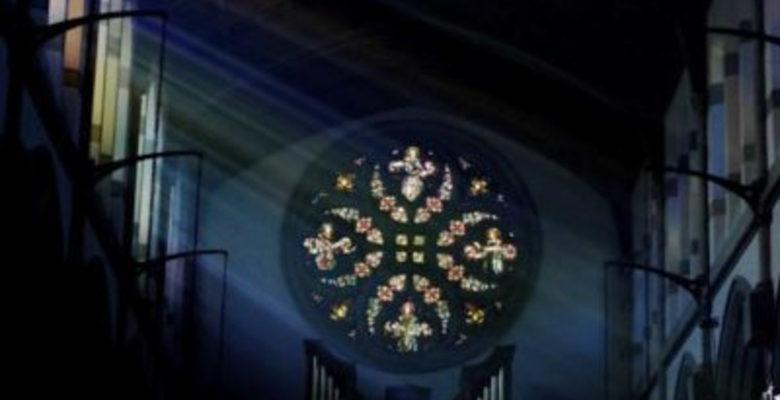Here we go again, folks: figuring out how to keep the holy days if we are in a place where the pandemic has prevented us from meeting. We are all just making our way through this as best we can. A couple of thoughts:
- First, I commend to you a fine reflection by The Rt. Rev. Neil Alexander shared in this separate Building Faith post. It offers a brief historical and theological account of Ash Wednesday rich with homiletical possibilities for its observance as well as a provocative suggestion for the imposition of Ashes, especially for those who can gather with appropriate masking, or for those who are able to “gather” only online.
- Second: it is possible to observe Ash Wednesday without the imposition of Ashes. Hang on…do not pass over this option before ruling it out. Would we experience this as a loss, in a year of losses, having come to expect ashes in our current practice? No doubt. And it would be a loss – we need to stop pretending that the changes this moment has brought to our liturgical lives will not be losses, imagining that we can adapt our way out of them with clever alternatives that end up communicating something we don’t want to communicate. (How modernist we are!) But it is possible that an observance of Ash Wednesday without Ashes, either distanced where allowed, or on a digital platform, might mark the day in ways that could even enrich our practice when we are able to return to the real-time, real-space Assembly. Consider it.
- Third: if you have ruled this out, and you want to use Ashes, but cannot assemble together, then by all means distribute ashes in advance and allow your members to mark themselves and each other – or sprinkle ashes (see Bishop Alexander’s reflection!) – at the time appointed in a liturgy streamed online. You may wish to make a forgivable adaptation or elaboration of the imposition formula, or use it just as it is. While there are good ritual-symbolic reasons ashes are normally imposed by the priest that I don’t have space for here, there is no prohibition of ashes being imposed by lay persons, or self-imposed (for those who live alone), and in some parishes, even when gathered in person, lay persons already participate in imposition.
None of this is the same as it would be, if we could gather. The importance of hearing the call to a holy Lent…receiving ashes…saying the Psalm and Litany of Penitence together … as an assembled body is significant to the meaning of these practices. We are the BODY of Christ, and our ministry in him is done as a body, not as an aggregate of individuals. But unlike receiving communion, whose sacramental meaning is intimately connected to eating together from a shared table with the baptized assembly, ashes are not a sacrament. They are external signs, a provocation, a reminding. While all material practices have a certain “sacramentality” to them in the broad sense, sacraments in the strict sense cannot be done at a distance; but there are other material practices that, under the pressures of the moment, can be an act of liturgy – of service – precisely by our doing them at a distance. Again – is there a loss to this? Yes. Will some find that the experience of imposing ashes on themselves is a dim reflection of the experience of bodily consent in receiving the ashes imposed by another? Yes. But among adaptations to the liturgy in the case of necessity, this adaptation is probably advisable, and certainly forgivable, in this challenging time.
The Rev. James W. Farwell, Ph.D.
Professor of Theology and Liturgy
Director of Anglican Studies
Virginia Theological Seminary
Audio recording of this text: Observing Ash Wednesday When We Cannot Assemble

